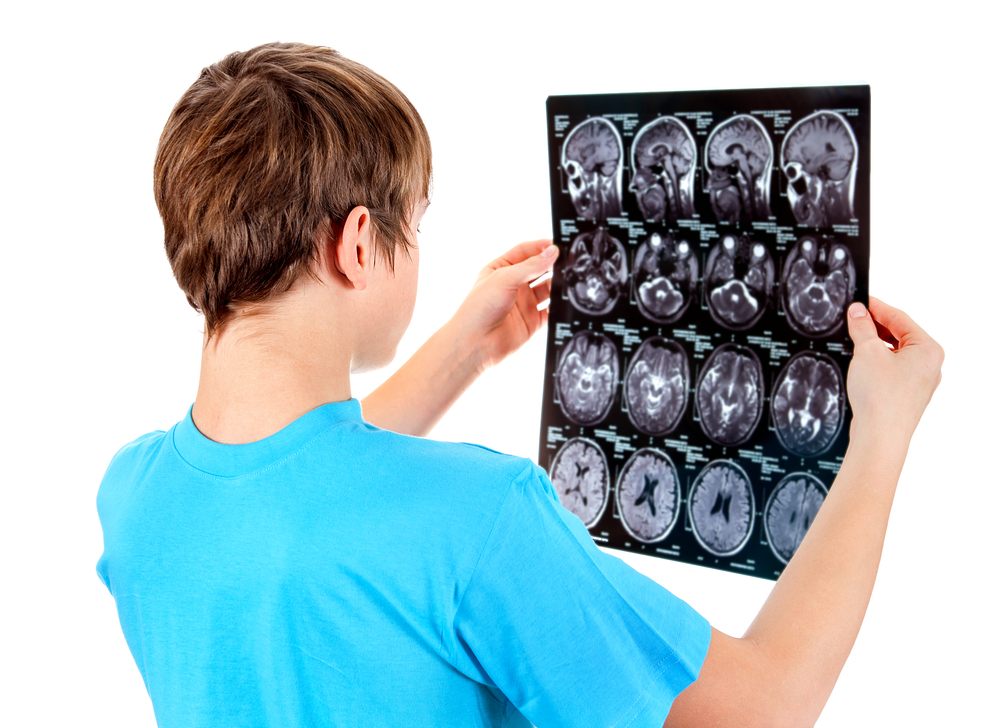Distress Triggers Brain Changes in Hemophilia Children, Study Suggests

Psychological distress triggers microscopic changes in regions of hemophiliac children’s brains that deal with emotions and cognition — and the changes show up before abnormal results on neuropsychiatric tests, researchers discovered.
The team said larger studies are needed to confirm the links they found between brain changes, the stage of the disease, and patients’ scores on a self-consciousness test.
Their report, “Preliminary evaluation of altered brain microstructure in the emotion–cognition region in children with haemophilia A: a diffusional kurtosis imaging study,” was published in the journal Haemophilia.
Researchers at Beijing Children’s Hospital, Capital Medical University said Chinese children with hemophilia tend to have more psychological problems than hemophilia children in the developed world. The difference, they speculated, is that most Chinese children receive less treatment.
Studies have shown that psychological issues can impact cognition, and that both psychological factors and cognition are linked to changes in the brain.
Researchers decided to see if a new type of imaging approach — diffusional kurtosis imaging, or DKI — could identify changes in cognition-related brain regions before psychological tests could detect issues that underlay the changes.
The study included 22 children with hemophilia A and 22 controls. Researchers assessed children with a self-consciousness test, a cognitive test, and the Canadian hemophilia outcomes-kids life assessment tool (CHO-KLAT), which measures quality of life. The children were also given brain scans.
Both groups of children scored about the same on the cognitive test. Nearly half the hemophilia group had lower quality-of-life scores, however.
A key finding was that many of the hemophilia children had lower than normal scores on measures of intellect and psychological health: intelligence, learning, self-consciousness, behavior, anxiety, willingness to engage in social activity, comfort with their physical appearance, happiness and satisfaction.
Ninety-five percent of the hemophiliacs had low scores on willingness to engage in social activities. About 36 percent had low scores on behavior. The percentage of hemophilia children with low scores on each of the other measures was much smaller, however.
The brain scans showed that hemophilia children had microscopic changes in several brain areas.
Imaging data from the patients’ frontal lobes correlated with the stage of the disease each had. The frontal lobe controls such cognitive skills as emotional expression, problem solving, judgment, and language.
Changes in the hemophilia children’s hippocampus, which is involved in memory formation and storage, were strongly linked to their self-consciousness scores.
“These findings support the prevailing theory that emotion and cognition share the same pathological basis and function of brain regions, and they could interact with one another, ” the authors said.
But they cautioned that it might be possible that the brain changes were caused by the disease itself, and not psychological factors. That means more studies are needed, they said.






